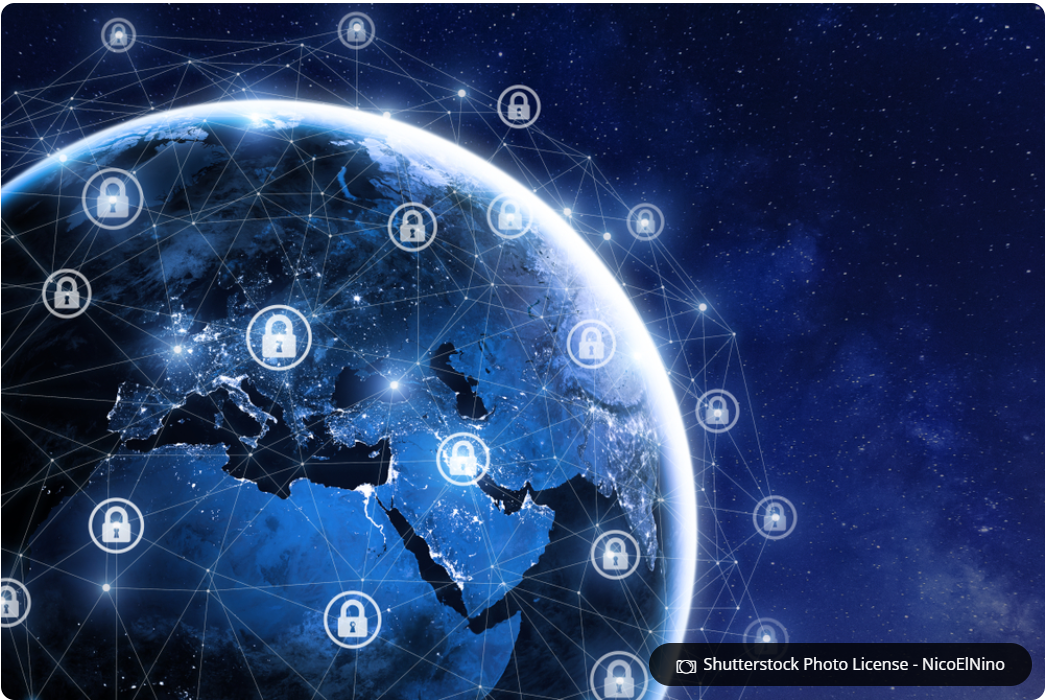摘要: The changes that AI is bringing to the cybersecurity industry are too serious to ignore.

▲圖片標題(來源:Shutterstock Photo License - NicoElNino)
There is no denying the fact that AI is transforming the cybersecurity industry. A double-edged sword, artificial intelligence can be employed both as a security solution and a weapon by hackers. As AI enters the mainstream, there is much misinformation and confusion regarding its capabilities and potential threats. Dystopian scenarios of all-knowing machines taking over the world and destroying humanity abound in popular culture. However, many people recognize the potential benefits that AI may bring us through the advances and insights it can deliver.
Computer systems capable of learning, reasoning, and acting are still in the early stages. Machine learning needs massive amounts of data. When applied to real-world systems like autonomous vehicles, this technology combines complex algorithms, robotics, and physical sensors. While deployment is streamlined for businesses, providing AI with access to data and granting it any amount of autonomy raises significant concerns.
AI is Changing the Nature of Cybersecurity for Better or Worse
Artificial intelligence (AI) has been widely used in cybersecurity solutions, but hackers also use it to create sophisticated malware and carry out cyberattacks.
In an era of hyper-connectivity, where data is viewed as the most valuable asset a company has, the cybersecurity industry diversifies. There are a lot of AI-driven cybersecurity trends that industry experts must be aware of.
By 2023, cybersecurity is expected to be worth $248 billion, mainly owing to the growth of cyber threats that require increasingly complex and precise countermeasures.
There is a lot of money to be made from cyber crime these days. With the plethora of available resources, even those without technical expertise can engage in it. Exploit kits of varying levels of sophistication are available for purchase, ranging from a few hundred dollars to tens of thousands. According to Business Insider, a hacker might generate roughly $85,000 every month.
This is a hugely profitable and accessible pastime, so it’s not going away anytime soon. Moreover, cyberattacks are expected to become harder to detect, more frequent, and more sophisticated in the future, putting all of our connected devices at risk.
Businesses, of course, face substantial losses in terms of data loss, revenue loss, heavy fines, and the possibility of having their operations shut down.
As a result, the cybersecurity market is expected to expand, with suppliers offering a diverse array of solutions. Unfortunately, it’s a never-ending battle, with their solutions only as effective as the next generation of malware.
轉貼自: SmartDataCollective
若喜歡本文,請關注我們的臉書 Please Like our Facebook Page: Big Data In Finance


留下你的回應
以訪客張貼回應